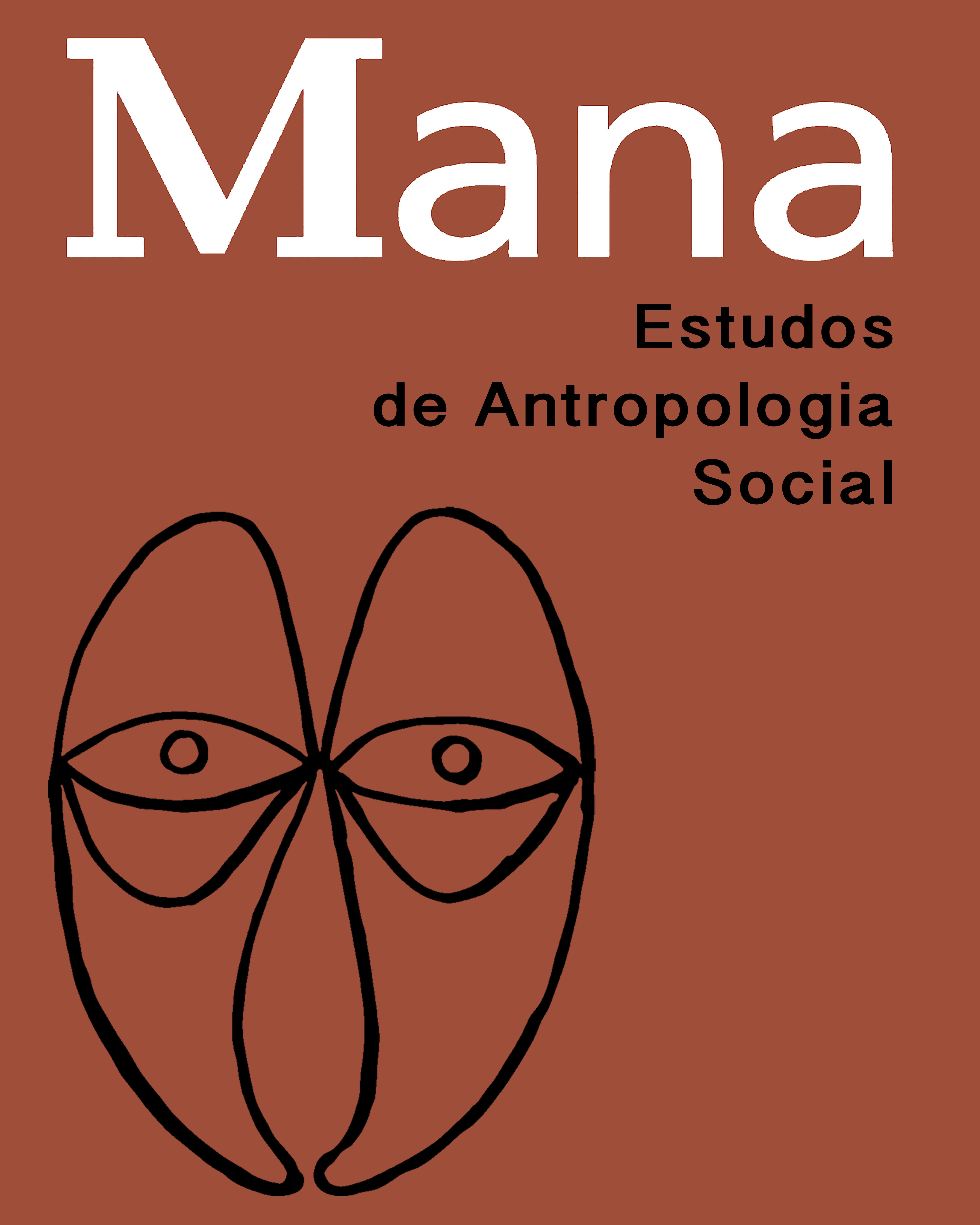Abstract
Indigenous participation in Brazilian political parties has grown in the past few years, as attested by the growing number of candidatures and recent electoral results. Taking this into account, this article dwells on the participation of the Huni Kuin, also known as Kaxinawá, (that speaks a language from the Panoan family), in the political scene of Santa Rosa do Purus, Acre/Brazil. Since 1992, different Indigenous people applied for the role of City Councillor, Mayor and Deputy Mayor. Participation in the elections and increasing relations with “white society” have produced transformations in the collective and individual life of Huni Kuin chiefs. Relying on native concepts, the article describes how these new relations have led to a reflection and problematization of the idea of ‘politics’ itself. It has also changed the way that their leaders act. The Huni Kuin define party politics as “white politics”, the main feature of which is to produce “division among the Indigenous people (parentes)”; while, in contrast, “Huni Kuin politics” is marked by “unity”. Equally important is the migration of the leaders from village to the city, considering that they must exercise their mandate and occupy governmental posts in the city. They may stay away from the village for many years and they usually conceptualize this as a “mission” for the benefit of their own people, ignoring the fact that living in the city can be very difficult and full of dangers.
Key words:
Amazon; Huni Kuin; Kaxinawá; Party Politics; Leadership; Political Representation; Huni Kuin Chief
